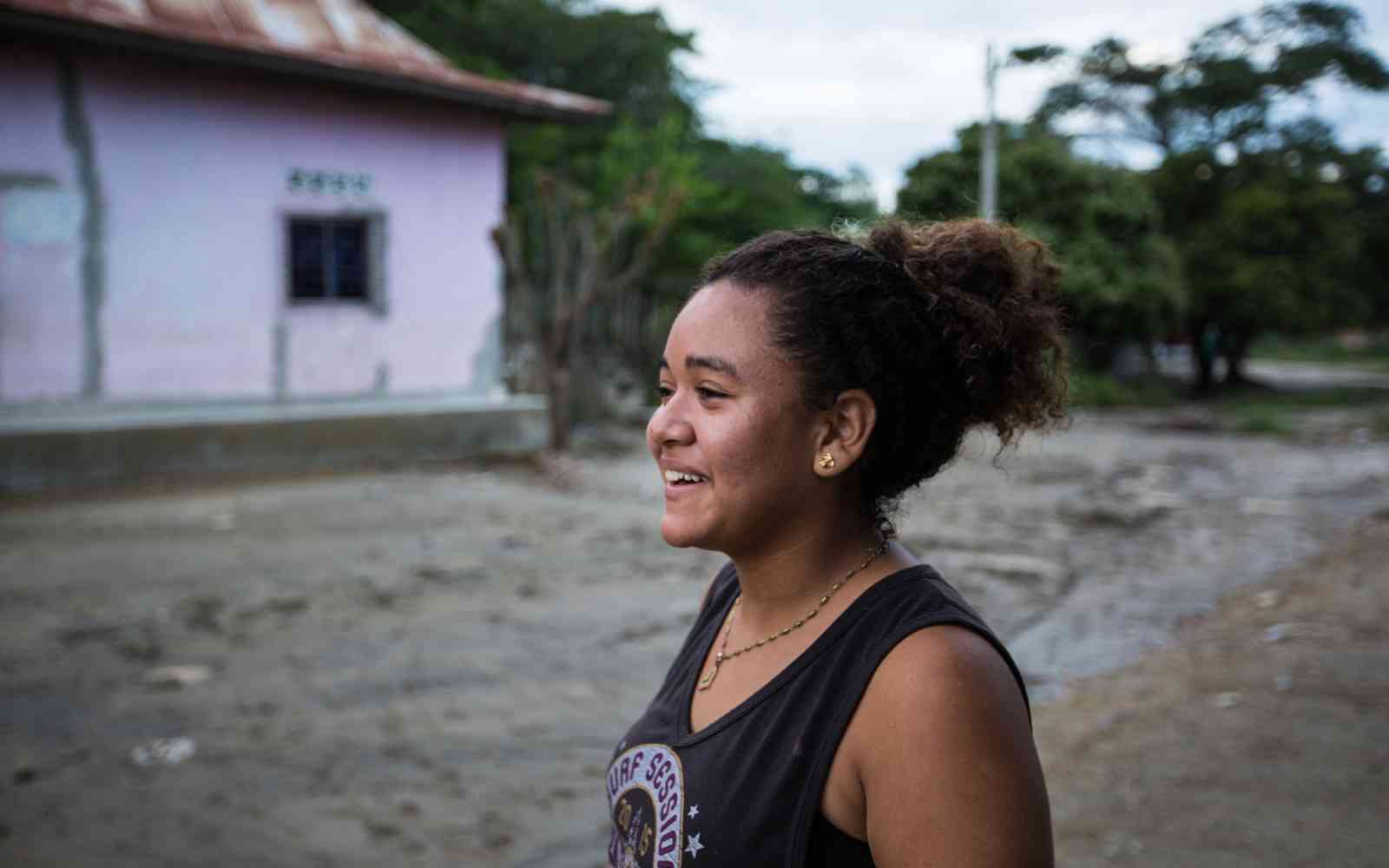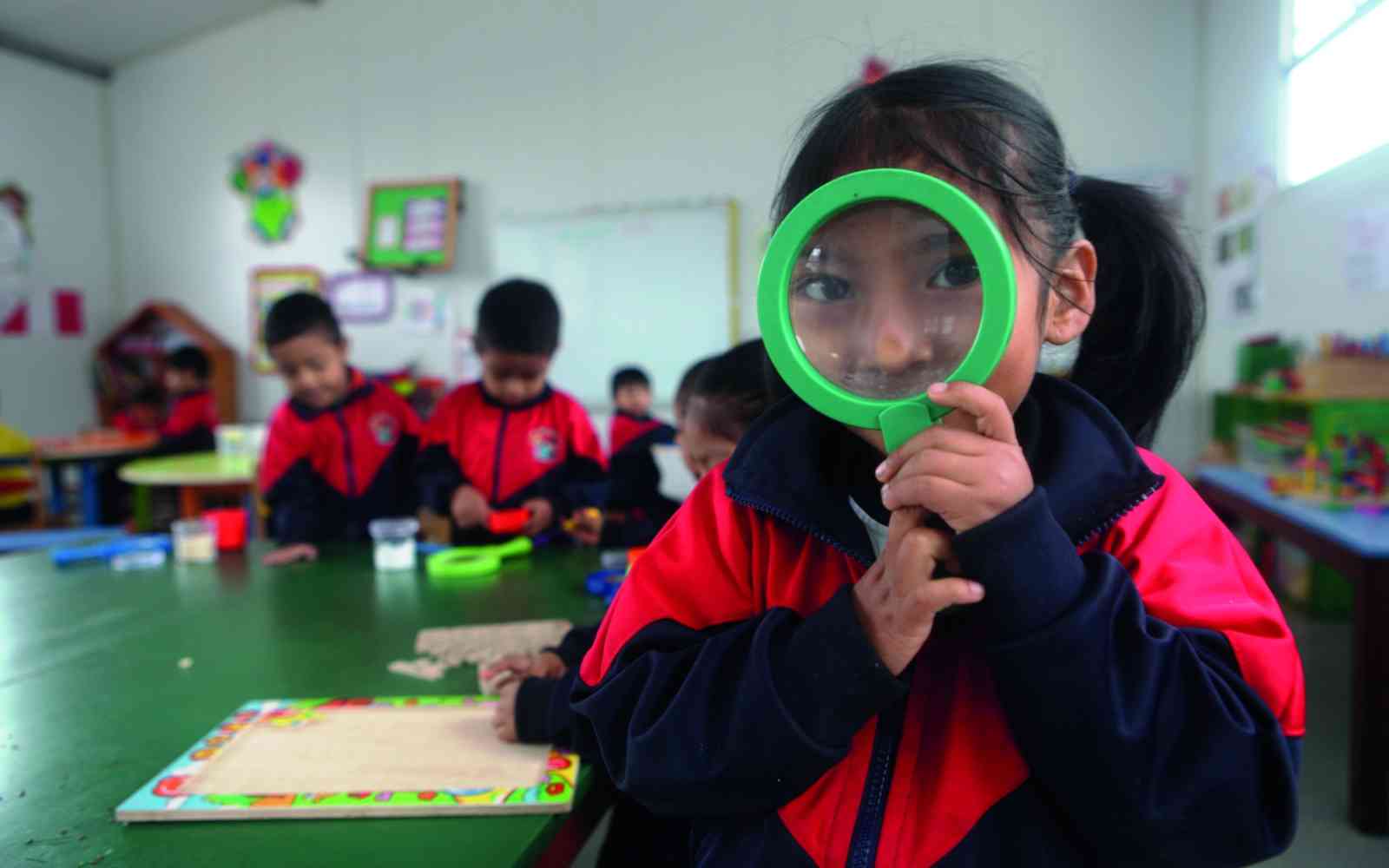The United Nations Office for Project Services (UNOPS)

A safe space for Honduran youth
To commemorate International Youth Day, we’re taking a closer look at how safe spaces are helping ensure the dignity and safety of youth in Honduras.
With a birthrate of 101 births for every 1,000 girls between the ages of 15 and 19, Honduras has the second-highest rate of adolescent pregnancy in Latin America.
The UN Population Fund (UNFPA) estimates that 26 percent of Honduran women give birth before the age of 18. The unmet need for sexual and reproductive education and family planning is a latent problem throughout the country. Social conditions and little public discussion around contraception, family planning or sexual and reproductive health, combined with insufficient coverage and a lack of adequate medical infrastructure, make it difficult for young people and adolescents to access quality education, and sexual and reproductive health services.
One of the greatest challenges to reducing maternal mortality and disability is finding ways to reach all women, including those living in poverty and those living in remote areas. Honduras is considered one of the poorest countries in the region, creating large disparities in access to health. Sixty percent of households live below the poverty line, while in rural areas, approximately one out of every five Hondurans lives in extreme poverty.
UNOPS is supporting UNFPA and the Ministry of Health to improve access to health services for youth in 34 remote communities across Honduras. The project aims to improve infrastructure in health centres and establish family friendly health units.
These centres will help provide a safe space for underprivileged youth to receive dignified and quality healthcare.




We had a youth committee, but we did not have friendly spaces for teenagers and youth either in the communities or in the countryside, now we are going to see the difference.
All 34 health centres will work to improve the quality of life for adolescents living in remote communities. Young people will have access to information on Sexually Transmitted Diseases (STDs) and family planning in an effort to decrease rates of STDs and early pregnancy. Sufficient space and medical equipment will be provided to ensure pregnant girls receive dignified care.
One health centre in the municipality of La Paz is expected to receive and serve more than 1,500 young people between the ages of 13 and 18 per year.
Flor Matute, a National Program Officer at UNFPA, explained: "We hope that young people can identify that this is a place where they can be cared for in an open manner, and they feel embraced by the system. Our youth have been so stigmatized that we must restore their faith in themselves."
Project details
UNOPS is supporting UNFPA by providing technical assistance in project management, infrastructure and procurement of equipment and furniture for 34 health units in remote areas across Honduras.
The project is made possible with funding from INVEST Honduras and the Government of Canada, and provides support to the Ministry of Health of Honduras.













